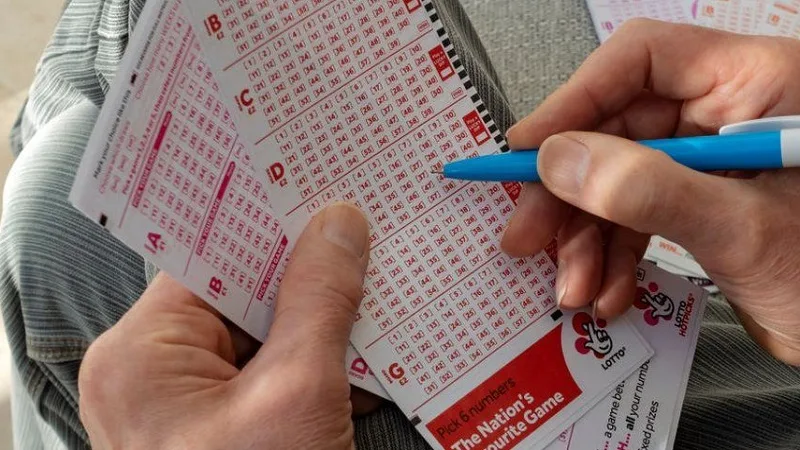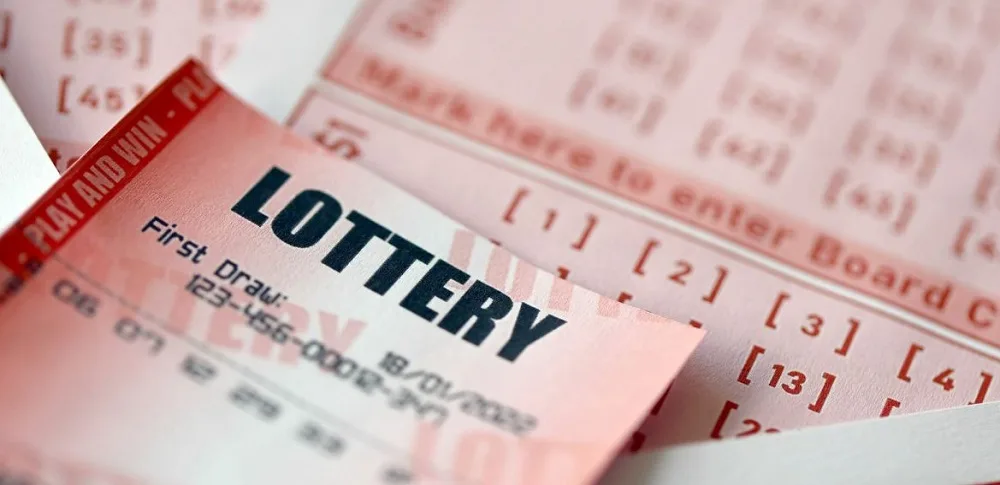
The Evolution of the Lottery
The lottery has been a popular form of entertainment for centuries, evolving significantly over time. From its humble beginnings with simple paper tickets to the sophisticated digital platforms of today, the lottery’s journey mirrors broader societal shifts towards digitalization. This evolution has not only changed how people participate in lotteries but also how they perceive chance-based entertainment. Let’s delve into the phases of this transformation, examining the lottery boom, the emergence of online lotteries, their role in online casinos, and ponder the future of lottery play.
The Lottery Boom
The modern era of lotteries began with government-regulated games in the 20th century, marking a significant expansion. Participants would buy paper tickets from authorized outlets, and draws were often public events, broadcasted on television. This period established the lottery as a cultural phenomenon, generating substantial revenue for public projects and charitable causes. It was the era of paper tickets that laid the foundation for the lottery’s place in society.
The Emergence of Online Lotteries
As the internet became a staple in homes around the world, the late 20th and early 21st centuries welcomed the advent of online lotteries. This shift was fueled by technological advancements and a change in consumer behavior, with a preference for convenience and accessibility. Online lotteries offered several benefits over traditional methods, such as the ability to play from anywhere, access to a broader range of games, and instant notifications of winnings. This period also emphasized the importance of security and trust, addressing initial concerns over online gambling.

Lotteries in Online Casinos
The integration of lotteries into online casinos marked a significant milestone in the digitization of lottery games. Online casinos broadened the lottery experience by introducing instant games, like scratch cards and quick draws, alongside traditional games. This blend provided players with a diverse gaming experience on a single platform, merging the lines between various forms of online gambling and lottery play.
The Future of Lotteries
The future of lotteries seems bound for further evolution, with potential applications of virtual reality (VR) and augmented reality (AR) technologies. These could offer players immersive experiences, simulating the thrill of live draws or creating new interactive games. Additionally, the emergence of blockchain technology could enhance transparency and security, ensuring fair play and the reliable distribution of winnings.
The evolution from paper tickets to digital platforms highlights a significant shift in the lottery industry, reflecting technological progress, changing consumer habits, and evolving societal norms. As we look to the future, innovations like VR, AR, and blockchain promise to further transform the lottery, making it more engaging, secure, and accessible. The story of the lottery’s evolution is a testament to human ingenuity and our endless quest for entertainment and fortune.
